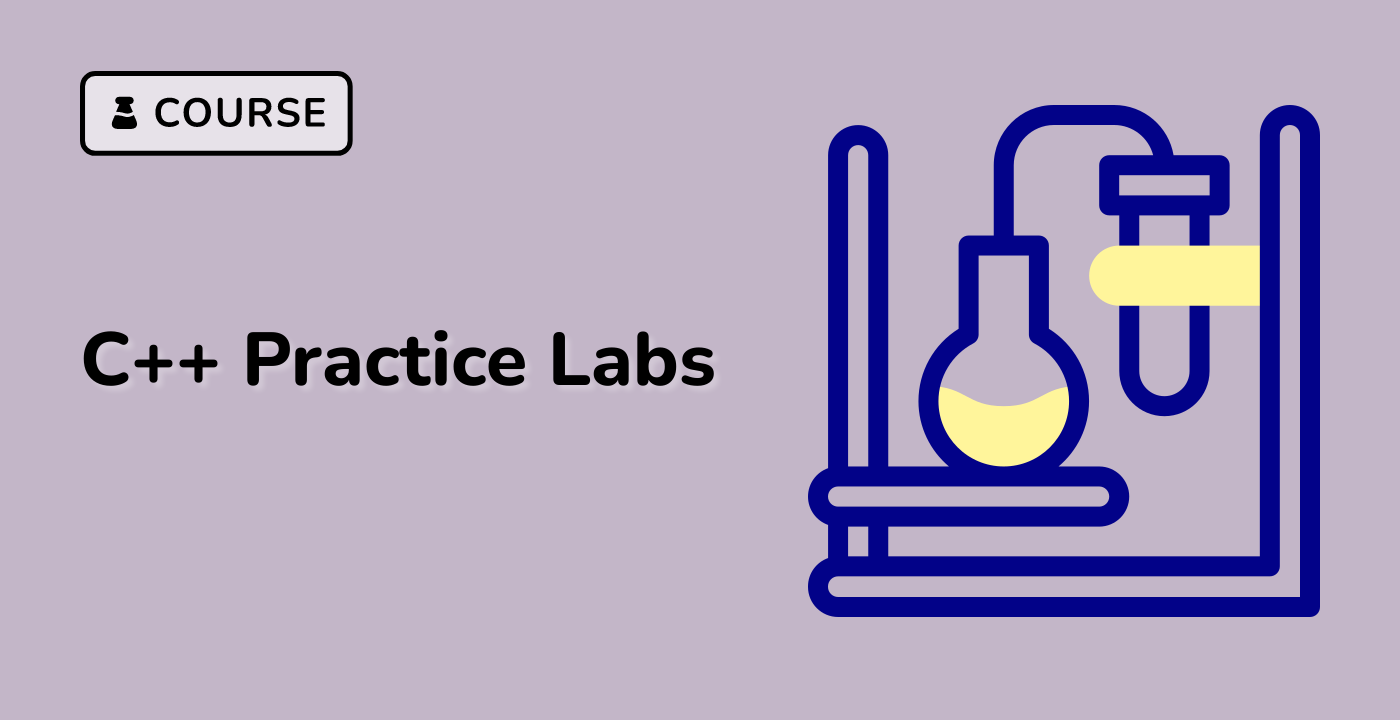Effective Solutions
1. Include Guards
#ifndef MYCLASS_H
#define MYCLASS_H
class MyClass {
// Class implementation
};
#endif // MYCLASS_H
2. Pragma Once Directive
#pragma once
// More efficient than traditional include guards
class ModernClass {
// Class implementation
};
Dependency Reduction Strategies
Forward Declarations
// Instead of full inclusion
class ComplexType;
class SimpleClass {
ComplexType* pointer;
};
graph TD
A[Header Management] --> B[Modularization]
A --> C[Minimal Dependencies]
A --> D[Clear Interfaces]
| Strategy |
Description |
Benefit |
| Interface Segregation |
Split large headers |
Reduce compilation time |
| Minimal Includes |
Limit header dependencies |
Improve build performance |
| Abstract Interfaces |
Use pure virtual classes |
Enhance code flexibility |
Advanced Inclusion Techniques
Template Specialization
// primary.h
template <typename T>
class GenericClass {
public:
void process(T value);
};
// specialized.h
template <>
class GenericClass<int> {
public:
void process(int value); // Specialized implementation
};
Compilation Optimization
// math_utils.h
namespace MathUtils {
template <typename T>
inline T add(T a, T b) {
return a + b;
}
}
Dependency Management
Compilation Flags
## Ubuntu 22.04 Compilation Flags
g++ -std=c++17 \
-Wall \
-Wextra \
-I/path/to/headers \
main.cpp
Practical Implementation
graph LR
A[Core Header] --> B[Utility Header]
A --> C[Interface Header]
B --> D[Implementation Header]
Best Practices Checklist
- Use include guards or
#pragma once
- Minimize header dependencies
- Prefer forward declarations
- Create modular, focused headers
- Use inline and template implementations carefully
LabEx Recommended Approach
When designing header files, LabEx suggests following a systematic approach that prioritizes:
- Clean interface design
- Minimal compilation dependencies
- Clear separation of concerns
Compilation Time Reduction
## Measure header inclusion impact
time g++ -c large_project.cpp
Concepts and Modules (C++20)
// Future header management
export module MyModule;
export concept Printable = requires(T t) {
{ std::cout << t } -> std::same_as<std::ostream&>;
};
Key Takeaways
- Understand header inclusion mechanisms
- Apply minimal dependency principles
- Use modern C++ features
- Optimize compilation performance
By implementing these solutions, developers can create more maintainable and efficient C++ projects with streamlined header management.




